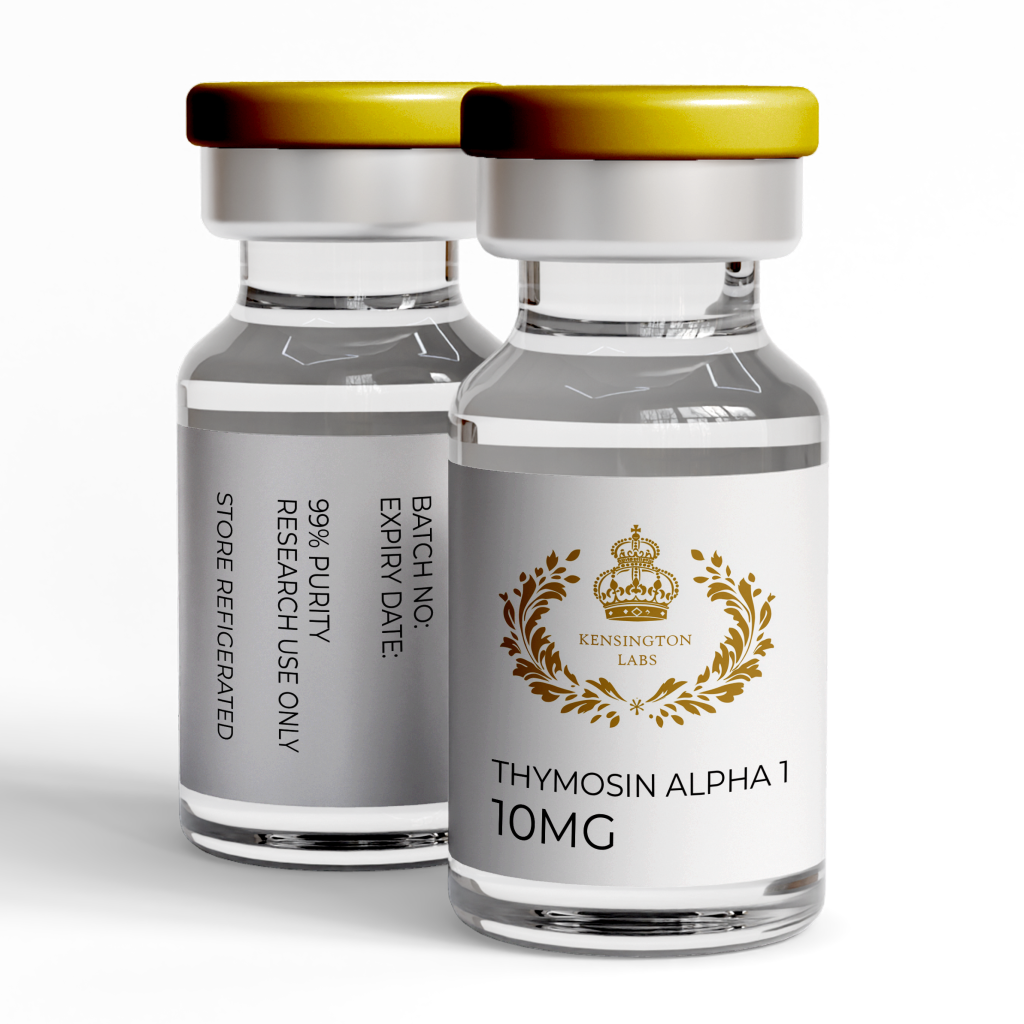Following a thorough review, the Medicines and Healthcare products Regulatory Agency (MHRA) has concluded that the available evidence does not establish a causal relationship between Glucagon-Like Peptide-1 (GLP-1) receptor agonists and suicidal behaviour, suicidal ideation, self-injury and depression.
In July 2023, a new potential safety risk was identified associated with the GLP-1 receptor agonists exenatide, lixisenatide, liraglutide, dulaglutide and semaglutide, and the risk of suicidal thoughts and self-harm following an initial review of post-marketing reports.
Safety reviews were carried out by the Market Authorisation Holders (MAHs) for the GLP-1 receptor agonists exenatide, lixisenatide, liraglutide, dulaglutide and semaglutide to assess the potential risk. These reviews also looked at the risk of depression. This request was made in the interest of patient safety following reports of these side effects.
The MHRA evaluation of the UK post-marketing data aligned with the conclusions of a European regulatory review which analysed the data from several sources, including post-marketing data, clinical trial data, epidemiological studies and scientific literature.
We conclude that the available data does not support a causal association between GLP-1 receptor agonists and suicide, suicidal ideation, self-injury and depression, and therefore no updates to the product information is warranted at this time.
The MHRA will continue to closely monitor the risk of severe psychiatric reactions associated with these receptor agonists and will assess new data as it becomes available.
Notes to editor
- GLP-1 receptor agonists are used to treat type 2 diabetes and obesity, with active ingredients including exenatide, lixisenatide, liraglutide, dulaglutide or semaglutide. They work by mimicking the action of the natural hormone GLP-1, which helps regulate blood sugar levels by stimulating insulin secretion, reducing glucagon secretion, slowing gastric emptying, and promoting satiety.
- GLP-1 receptor agonists can be used alone or in combination with other diabetes medications. Some GLP-1 receptor agonists have also been approved for weight management in obese patients with a body mass index (BMI) greater than 30 kg/m² or overweight patients with a BMI of 27 kg/m.
- Further detail on the European regulatory review carried out is available here.




